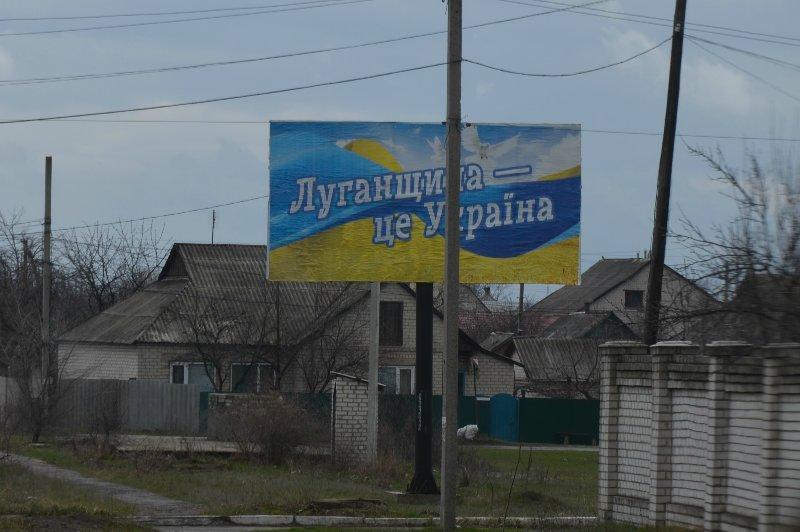
Russia continues playing games with Donbas, trying to swing the socio-political situation in Ukraine with its use. The bet is clearly made on the delayed, but never forgotten "project" titled "federalization of Ukraine," according to Ihor Solovey, head of the international news department at LB.ua media outlet.
"By the order of Moscow, the so-called "elections" of the leaders of the "LPR/DPR" have been postponed from November this year to 2019," Solovey wrote on Facebook, according to the Information Resistance OSINT group.
The journalist noted a peculiar explanation Russia-controlled militants offered, including the lack of funds and "the upcoming presidential elections in Ukraine in 2019, after which Kyiv's approach to the implementation of Minsk agreements might change."
Read alsoPro-Putin politician Medvedchuk gains control over 112 Ukraine TV channel - media
This means that the "Kremlin is counting on a new president of Ukraine, who will go for federalization, providing the "LPR/DPR" a special status. Gossip in the high Donetsk offices has it that after the elections and the creation of a new political majority in Ukraine "they will hold their own 'elections' and their new 'leaders' will vote (or the referendum will be held) for joining Ukraine on federative rights," wrote the journalist.
Solovey notes that a similar process is taking place in Moldova. "They will have elections in February 2019, and the strengthening of the position of the pro-Russian [President Igor] Dodon through parliament is being prepared (now the president is bound hand and foot)."
As a result, they will try to have Transnistria accede to Moldova on a federative basis. No wonder that Dmitry Kozak became the Russian Federation's special representative for Transnistria instead of Rogozin. Kozak had earlier worked on Moldova and was infamous for the so-called "Kozak memorandum," a 2003 proposal aimed at a final settlement of relations between Moldova and Transnistria. It was seen as an extension of the 1997 Moscow Memorandum but was ultimately rejected by the then-Moldovan president Vladimir Voronin.

